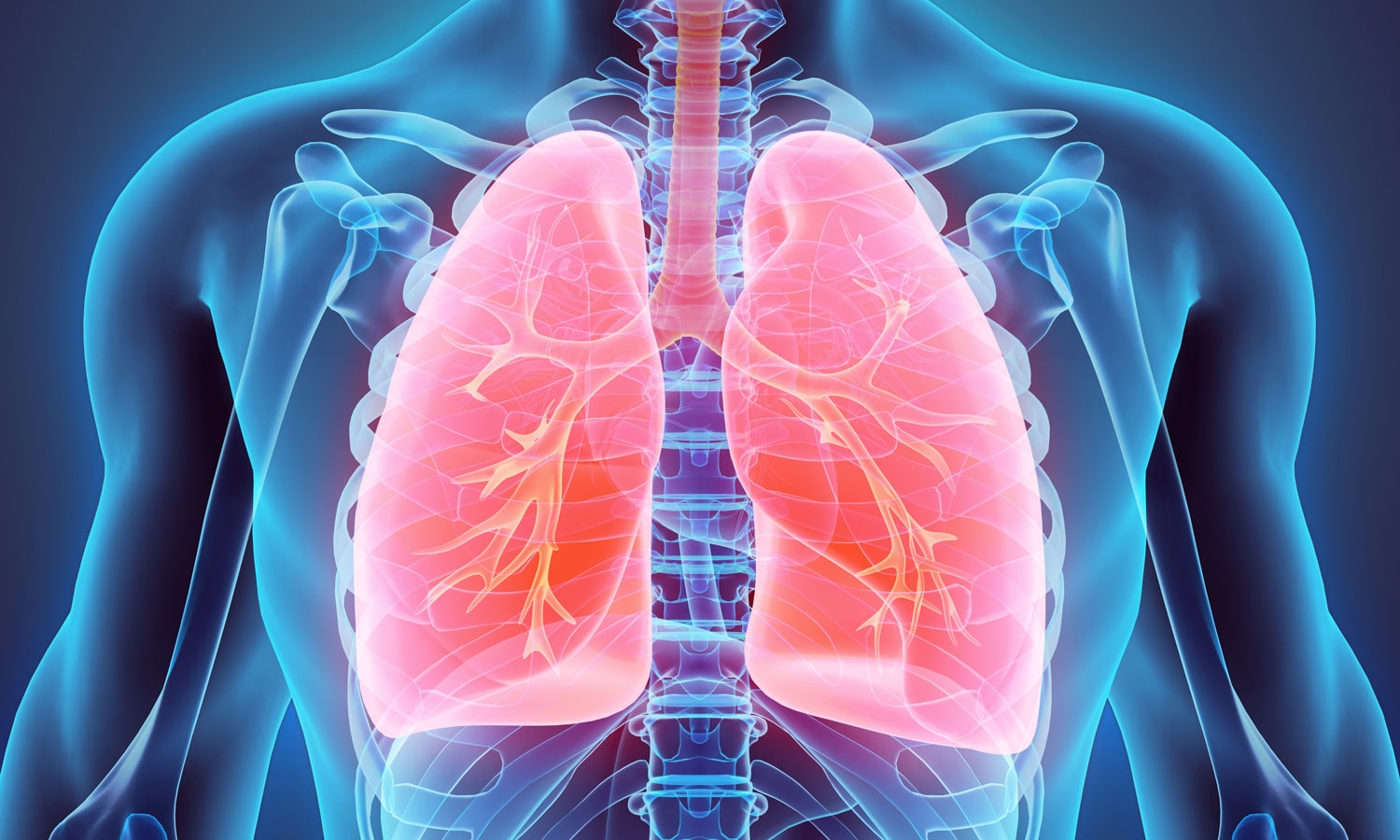
Moderate marijuana users shouldn’t overly worry themselves, though heavy consumption could lead to adverse effects.
“I have abused my lungs quite a bit in the past, so breathing is a little more difficult these days and I have to be careful,” Nelson told San Antonio television station KSAT. “I don’t smoke anymore. I take better care of myself today.”
Not many of us smoke as often as Willie Nelson, but it’s worth asking: just what effect does marijuana smoke have on your lungs?
The science, unfortunately, isn’t as definitive as you might find with tobacco, due to limited research into cannabis. The American Lung Association “caution[s] the public against smoking marijuana because of the risks it poses to the lungs.” That, however, is a vague sentiment.

Ultimately, the study’s “findings suggest that occasional use of marijuana for these or other purposes may not be associated with adverse consequences on pulmonary function.” The authors weren’t as high on heavy marijuana users as their research “suggested an accelerated decline in pulmonary function with heavy use and a resulting need for caution and moderation when marijuana use is considered.”
According to the National Institutes of Health, some case studies did report negative associations with marijuana inhalation. Those who frequently smoke cannabis experienced more outpatient medical visit for respiratory problems when compared to those who don’t smoke. Other research indicates that THC may have immune-suppressing effects, which could lead to higher susceptibility to lung infections, like pneumonia.
The good news is that most of us don’t smoke weed as often as Willie Nelson did. Toking on a joint several times a week likely won’t result in serious adverse effects. On the other hand, if you find yourself smoking too much, and coughing up nasty phlegm, it may be time to give your lungs a break.

No comments:
Post a Comment